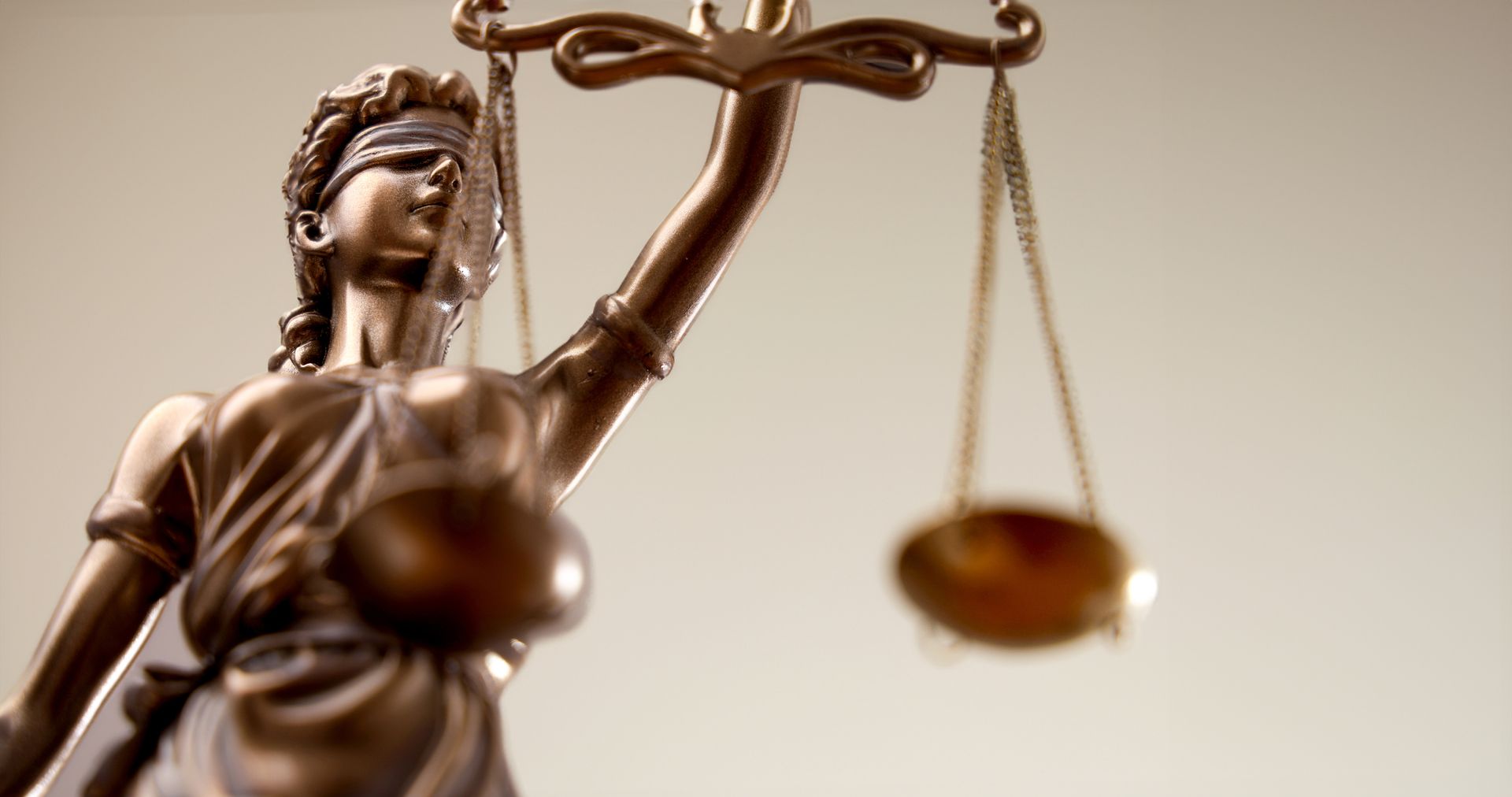What to Do When You’re Accused of Assault

Have you been accused of assault? If so, your next steps should be taken with care. You want to avoid making a bad situation worse and hopefully resolve it with minimal issues. So, what should you do?
First, you need to know what type of assault you are being accused of. There are several different types.
Common Assault: This is when the victim feels that force was threatened. This may include threatening movements and gestures or threatening words.
Battery: Once a situation has moved beyond threats and the victim has been hit or force applied, it becomes battery. Battery may include pushing and spitting, among other things.
Actual Bodily Harm: If the victim has been harmed in any way, even if it is not serious, this immediately becomes ABH. A scratch, bruise, or cut could be classified as ABH if caused by another person.
Grievous Bodily Harm: Where the assault has caused serious harm, including stabbing, disfigurement, or broken bones, you could be charged with GBH. This will depend greatly on the presented motives.
Your solicitor can discuss the charges with you and explain exactly what they mean, but anything that is more serious than yelling and shaking your fists could easily get you years in jail.
As soon as you are accused of assault, you’ll need to talk to a lawyer. They will get your story and will begin to work through the process with you. Evidence will be collected to benefit you and the situation analysed to determine how likely it is that you will receive jail time if convicted.
In cases where you are being charged with common assault the first time, you are not likely to receive jail time, unless it was an assault against an officer, emergency worker, or a racially motivated attack. If you have been previously convicted or are charged with assault for a specific motive or against an officer, you’ll be facing jail time. You could receive anywhere from six months to two years, depending on the situation. Otherwise, you’ll be given a fine.
Assault charges may be dropped in specific situations. For example, if there was insufficient evidence that you committed assault, the case will be dropped. Other reasons include charges not being in the best interest of the victim and a witness withdrawing their statement. Note that an assault charge may only be dropped by the Crown Prosecution Service or the police. The victim cannot drop the charges.
With your lawyer, you’ll need to appear in court and defend your case. This can be quite stressful, but if you have a good lawyer, they will have a solid plan in mind. This will help you either beat the charges or get a lighter sentence in many cases. However, it does depend on the situation and the evidence presented.
Have you been charged with assault? Contact Lefevre Litigation immediately to get an expert working on your case.









